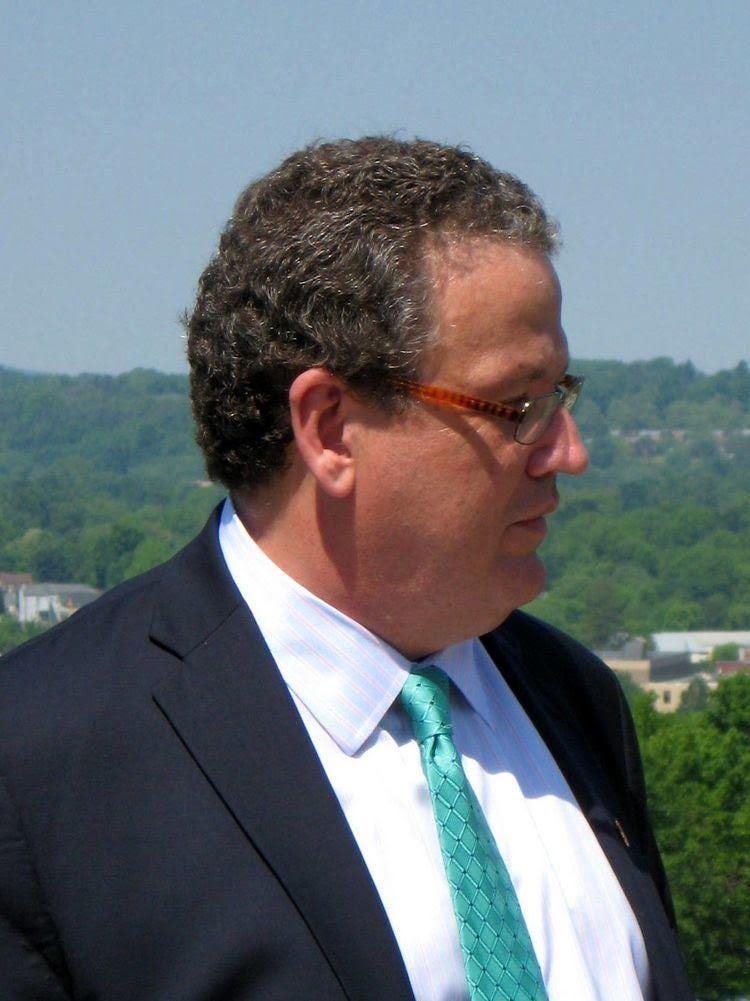Dr. Quentin Wheeler draws on a lifelong fascination with species to share recent species discoveries, and those from the past that have had significant impacts on science or society… and discuss current issues impacting the science of systematics, natural history museums, and species exploration. He is an advocate for the traditional mission and goals of systematic biology (also known as systematics or taxonomy): to discover, describe, name and classify species based on their phylogenetic (i.e., historical-evolutionary) relationships. The accelerated extinction of species has given new urgency to this mission which generates basic knowledge necessary for biodiversity conservation, understanding evolutionary history, and creating a sustainable future.
Quentin received his PhD degree in insect systematics from The Ohio State University and joined the faculty of Cornell University in 1980, where he was jointly appointed in the Department of Entomology and Liberty Hyde Bailey Hortorium, serving terms as head of each. He was Director of the Division of Environmental Biology at the National Science Foundation, where he oversaw grant programs in ecology, ecosystem science, evolution and population genetics, systematics, and related areas. He was appointed Keeper and Head of Entomology in the Natural History Museum in London, where he was responsible for a staff of 130 scientists and a collection of 30,000,000 specimens.
Returning to the U.S., he became Virginia M. Ullman Professor, Senior Sustainability Scientist, Vice President, and Dean of the College of Liberal Arts and Sciences in Arizona State University. Most recently, he was President of the State University of New York College of Environmental Science and Forestry. Now retired, he continues to lecture and write about systematics, the biodiversity crisis, and species exploration.
He has published more than 170 scientific papers and seven books, including What on Earth? 100 of Our Planet’s Most Amazing New Species (Penguin), The Future of Phylogenetic Systematics (Cambridge University Press, edited with David M. Williams and Michael Schmitt), and Species, Science and Society (Routledge); named more than one hundred species new to science; created the Top 10 New Species list; and written a column on new species for the Guardian newspaper in London.
His goal in the Species Hall of Fame is to raise awareness of the amazing diversity and fascinating history of life on Earth and the importance of systematics (taxonomy) to science and society.


